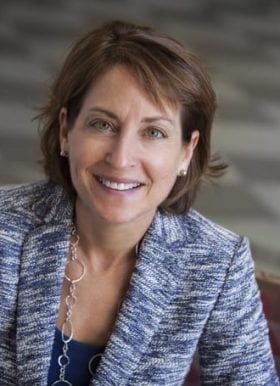
Lori Setton, PhD
Lucy & Stanley Lopata Distinguished Professor and Chair of Biomedical Engineering
- Email: setton@wustl.edu
The Setton Lab focuses on engineering and design of novel materials and drug depots to support regeneration of tissues of the musculoskeletal system.
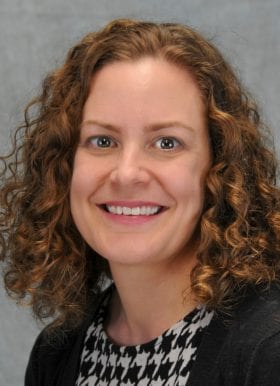
Lavinia Sheets, PhD
Assistant Professor, Otolaryngology
- Email: sheetsl@wustl.edu
The Sheets lab uses zebrafish as a model system to understand how senory hair cells of the auditory system develop, degenerate, and regenerate. A main focus of the lab is to identify biological pathways that promote nerve regeneration and hair-cell reinnervation with the goal of providing information toward clinical regenerative therapies.
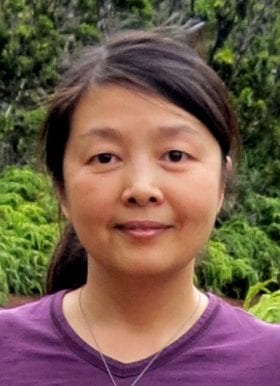
Hua Shen, PhD
Instructor, Orthopedic Surgery
- Email: hshen22@wustl.edu
Dr. Shen’s group studies biological and mechanical factors that regulate tendon development, injury, and repair, as a basis to develop new therapeutic approaches to improve tendon healing.
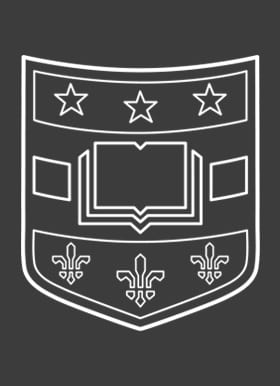
Jie Shen, PhD
Assistant Professor, Orthopedic Surgery
- Email: shen.j@wustl.edu
The Shen laboratory recently works on epigenetics of degenerative and regenerative processes in the muscuoskeletal system, e.g. osteoarthritis and bony fracture. They employ unbiased approaches to study the genomic and epigenomic alterations in skeletal diseases.

Matthew Silva, PhD
Julia and Walter R. Peterson Orthopaedic Research Professor, Orthopedic Surgery
- Email: silvam@wustl.edu
The Silva lab studies the mechanical and molecular factors that regulate loading-induced bone formation and bone injury response and repair.
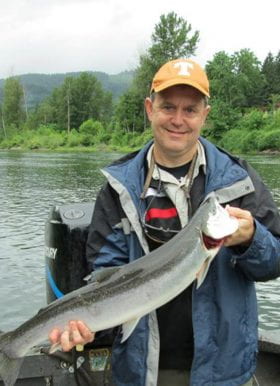
Jim Skeath, PhD
Professor, Genetics
- Email: jskeath@wustl.edu
The Skeath lab investigatesthe genetic and molecular basis of both asymmetric divisions and cell-type specific differentiation programs through the use of the Drosophila model system, focusing primarily on nervous system development.
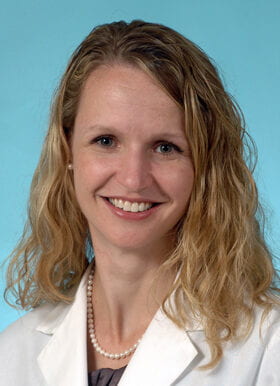
Alison Snyder-Warwick, MD
Associate Professor, Department of Surgery
The Snyder-Warwick Lab investigates cellular signaling at the neuromuscular junction and the roles of terminal Schwann cells during development, disease, neural regeneration and muscular reinnervation, and aging. The goals of our work are to identify the mechanisms of terminal Schwann cell function that may be manipulated into novel translational applications for clinical management of patients with nerve pathology.
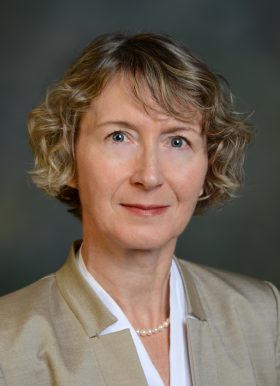
Lilianna Solnica-Krezel, PhD
Co-Director, Center of Regenerative Medicine; Alan A. and Edith L. Wolff Distinguished Professor and Head of Developmental Biology
- Email: solnical@wustl.edu
The Solnica-Krezel lab studies the cellular and molecular genetic mechanisms underlying vertebrate gastrulation in zebrafish and human embryonic stem cells.
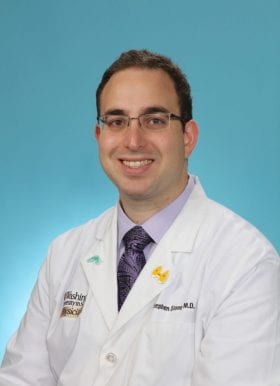
Stephen Stone, MD
Instructor, Department of Pediatrics
- Email: sstone@wustl.edu
Dr. Stone studies the role of Fibroblast Growth Factors in Severe Insulin Resistance Syndromes. His research uses both murine and stem cell based models to better understand these rare and debilitating conditions, with the ultimate goal of providing new therapies for these patients.
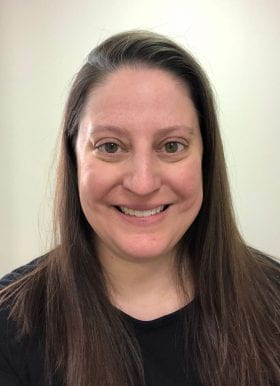
Amber Stratman, PhD
Assistant Professor, Cell Biology & Physiology
- Email: a.stratman@wustl.edu
The Stratman Lab is interesting in the mechanosensitive mechanisms that regulate tissue development and patterning, particularly of the cardiovascular system. Utilizing zebrafish as a model, their goals focus on understanding developmental pathways that are reactivated during disease.
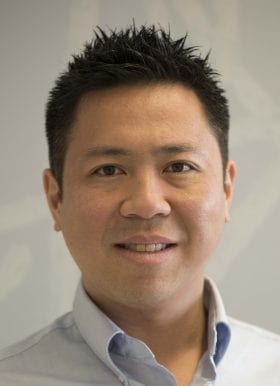
Simon Tang, PhD
Associate Professor, Orthopedic Surgery
- Email: simon.tang@wustl.edu
The Tang lab integrates engineering and biology approaches to investigate mechanisms of degeneration relating to bone fragility and intervertebral disc degeneration, with an emphasis in the role of advanced glycation endproducts (AGEs) and RAGE signaling on the cells and tissues of the skeletal system.
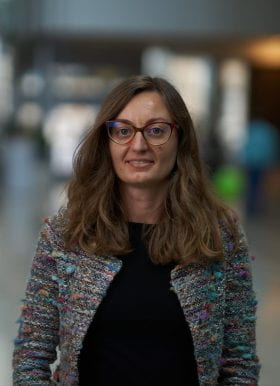
Gaia Tavoni, PhD
Assistant Professor, Department of Neuroscience
- Email: gaia.tavoni@wustl.edu
The Tavoni lab develops theories and models to understand how information is represented and processed in neuronal networks. Areas of focus in the lab include information-theoretic analyses of different forms of plasticity, including adult neurogenesis, and their role in efficient coding.
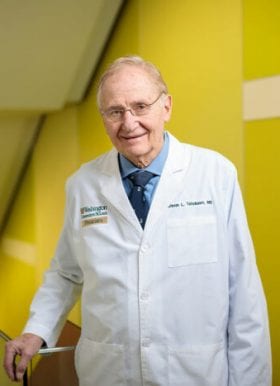
Steven Teitelbaum, MD
Wilma and Roswell Messing Professor, Pathology & Immunology
- Email: teitelbs@path.wustl.edu
The Teitelbaum lab investigates osteoclast development, function, and pathologies.
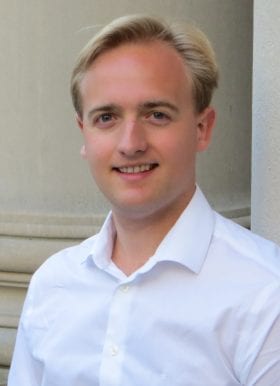
Thorold Theunissen, PhD
Assistant Professor, Developmental Biology; co-Director Human Cells, Tissues, and Organoids Core
- Email: t.theunissen@wustl.edu
The Theunissen lab investigates the molecular mechanisms regulating distinct pluripotent stem cell states and their applications in regenerative medicine.
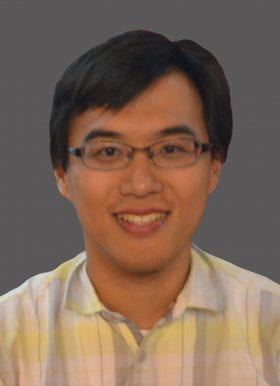
Tony Tsai, MD, PhD
Assistant Professor, Developmental Biology
- Email: tonytsai@wustl.edu
The Tsai Lab is interested in the interplay between mechanical and biochemical signals underlying robust pattern formation and morphogenesis in the zebrafish embryos.
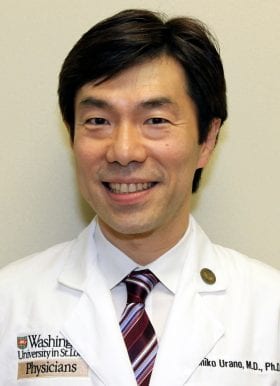
Fumihiko Urano, MD, PhD
Samuel E. Schechter Professor, Division of Endocrinology, Metabolism and Lipid Research, Department of Medicine
- Email: urano@wustl.edu
The Urano lab studies the molecular mechanisms of Wolfram Syndrome and investigates potential therapies.
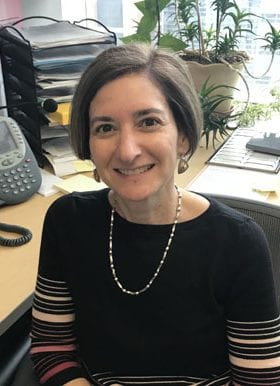
Deborah Veis, MD, PhD
Professor, Division of Bone and Mineral Diseases, Department of Medicine
- Email: dveis@wustl.edu
The Veis Laboratory studies NF-kB signaling pathways in bone cells, particularly in the context of pathological bone loss, such as in osteoporosis, inflammatory arthritis, and cancer metastasis to bone. A major focus is on the role of the alternative/non-canonical NF-kB pathway in osteoclasts, where it controls both differentiation and activity.
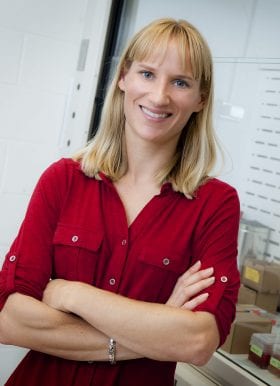
Jessica Wagenseil, DSc
Professor, Mechanical Engineering and Materials Science
- Email: jessica.wagenseil@wustl.edu
The Wagenseil lab studies how mechanical stimuli regulate large artery formation and remodeling in development and disease.

Leyao Wang, PhD, MPH
Assistant Professor, Department of Medicine, Division of Allergy and Immunology
- Email: leyao.wang@wustl.edu
Dr. Leyao Wang’s research focuses on lung microbiota and their role in lung inflammation and asthma. One of the lab’s current direction is to establish a lung organoid system so that they can use this model to investigate the interactions between microbes and epithelium.
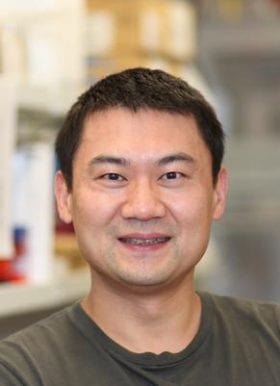
Ting Wang, PhD
Sanford C. and Karen P. Loewentheil Distinguished Professor, Genetics
- Email: twang@genetics.wustl.edu
The Wang lab focuses on understanding genetic and epigenetic factors that determine cell fate, including cell fate decision in normal development and differentiation, abnormal cell fate choice in cancer, and how specific cell types evolve.
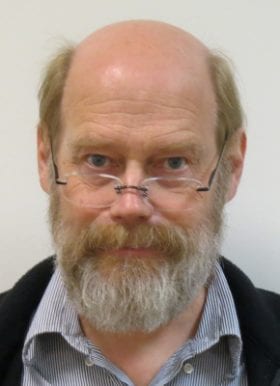
Mark Warchol, PhD
Professor, Otolaryngology
- Email: mwarchol@wustl.edu
The Warchol lab studies the molecular mechanism underlying development and regeneration of sensory hair cells of the inner ear and their neurons.
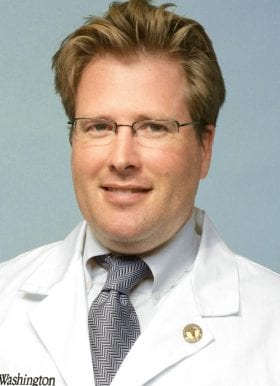
Conrad (Chris) Weihl, MD, PhD
Professor, Neurology
- Email: weihlc@wustl.edu
The Weihl lab studies neuromuscular disorders with special emphasis on degenerative myopathies.
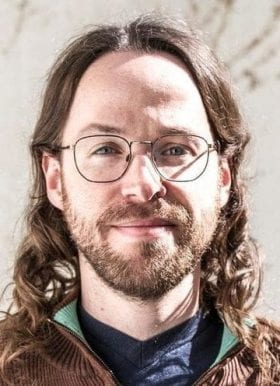
Philip Williams, PhD
Assistant Professor, Ophthalmology and Visual Sciences
- Email: prwillia@wustl.edu
The Williams lab is interested in selective neuronal vulnerability in degeneration and trauma. We use a combination of in vivo microscopy, transcriptomics, and viral mediated gene overexpression/knockout to manipulate neurons in the retina with the long term goal of increasing neuronal survival and axon regeneration in degenerative mouse models.
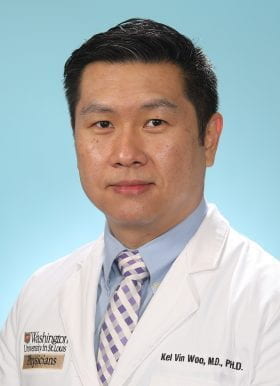
Kel Vin Woo, MD, PhD
Instructor of Pediatrics
- Email: woo_k@wustl.edu
The Woo lab studies vascular remodeling from the perspective of endothelial and smooth muscle cell reprogramming as induced by hypoxia.
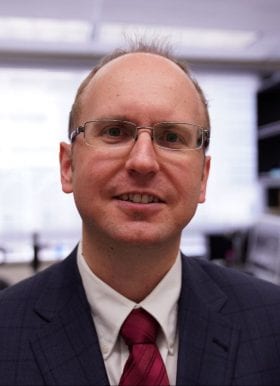

Hiroko Yano, PhD
Associate Professor, Neurosurgery
- Email: yanoh@wustl.edu
The Yano Lab is interested in mechanisms leading to neurodegenerative diseases and brain tumors and the development of disease therapies.

Andrew Yoo, PhD
Associate Professor, Developmental Biology
- Email: yooa@wustl.edu
The Yoo lab studies how microRNAs control development, direct reprogramming, and aging in neurons.
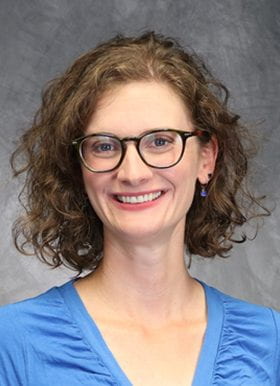
Jennifer Zellers, PT, DPT, PhD
Assistant Professor, Physical Therapy and Orthopaedic Surgery
- Email: jzellers@wustl.edu
The Zellers Lab (Tendon Rehabilitation Lab) is committed to improving care for people with tendon injury and dysfunction. Our research is aimed at advancing our understanding of person-specific factors that affect a tendon’s ability to respond to treatment. This includes local factors, like tendon structure, and systemic factors, like the presence of diabetes.
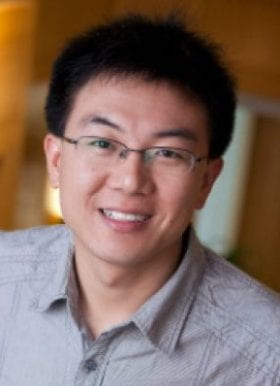
Fuzhong Zhang
Professor, Energy, Environmental & Chemical Engineering
- Email: fzhang@seas.wustl.edu
Engineering protein-based materials for applications in Regenerative Medicine.
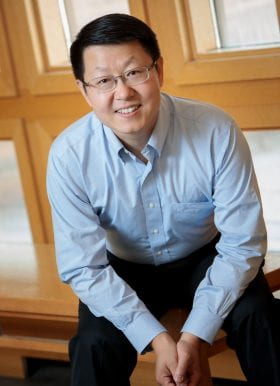
Chao Zhou, PhD
Associate Professor, Biomedical Engineering
- Email: chaozhou@wustl.edu
The Zhou lab is interested in developing novel optical imaging technologies for biomedical applications, especially in developing optical coherence tomography (OCT) and microscopy (OCM) technologies to perform “optical biopsy” and generate 3D in situ images of tissue morphology, function and pathological status in real-time without the need to remove and process specimens.